The Amazing Human Brain
Explore Mind
Latest about Mind

Why can't we see colors well in the dark?
By Skyler Ware published
In the dark, vivid colors seem to fade to gray and they're hard to tell apart. Why is that?

The 5 human senses — and a few more you might not know about
By Ailsa Harvey, Alina Bradford last updated
Reference Humans have more than five senses that help us navigate the world.
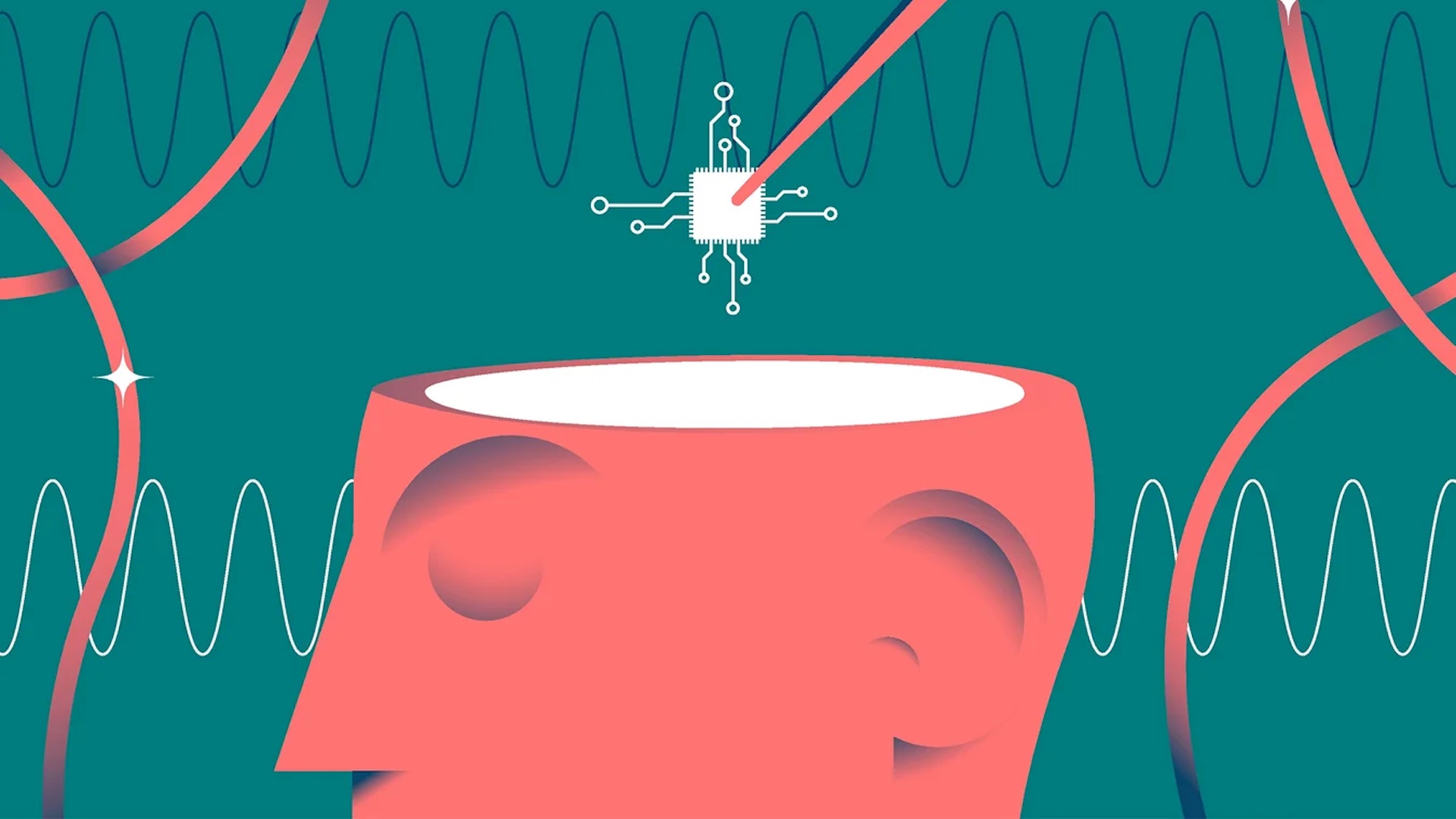
1st Neuralink user describes highs and lows of living with Elon Musk's brain chip
By Lauren Leffer published
Thirty-year-old Noland Arbaugh says the Neuralink chip has let him "reconnect with the world"
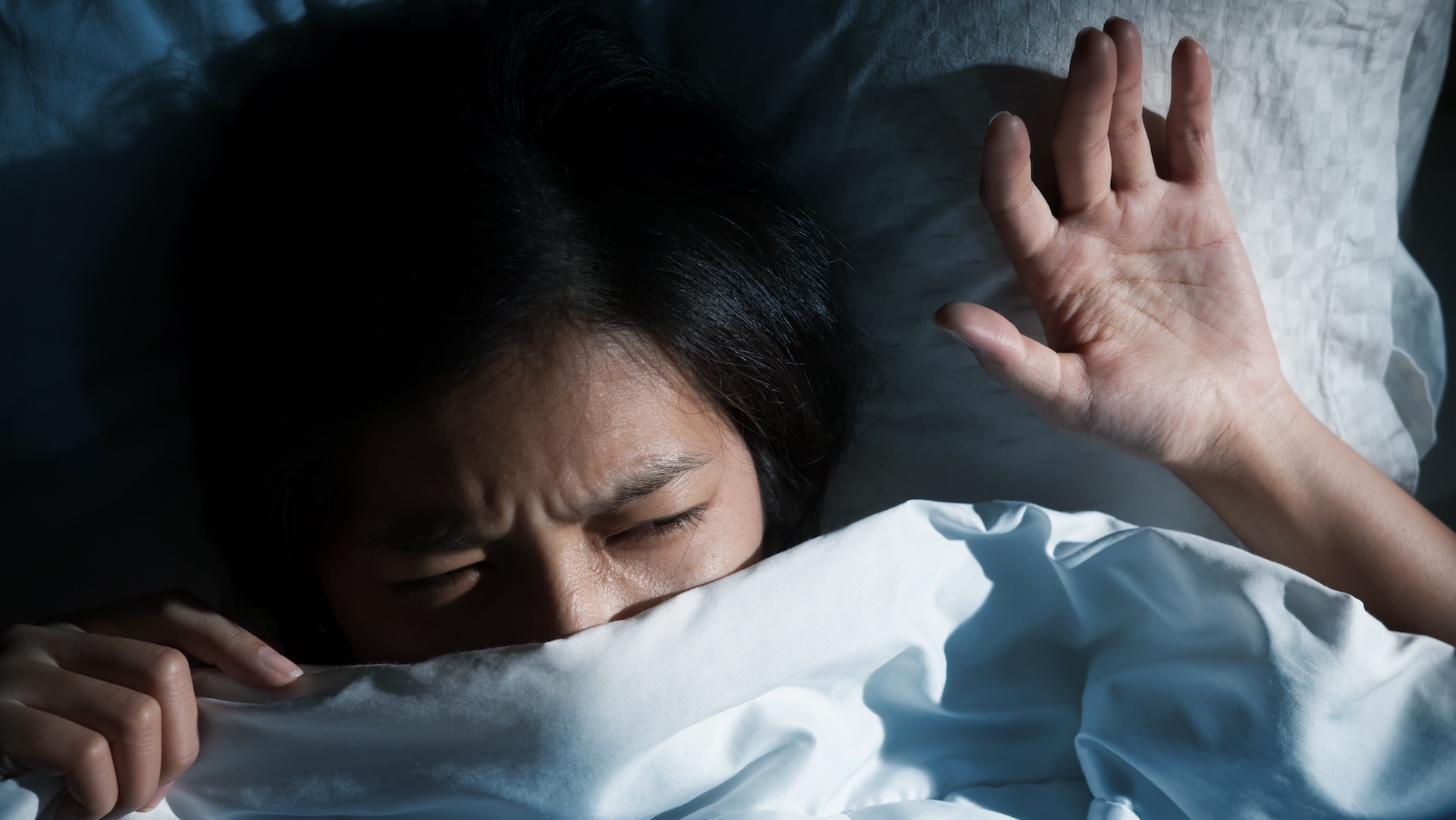
Vivid nightmares precede lupus diagnosis by over a year in some patients
By Michael Schubert published
Some lupus patients report having nightmares just before a flare, and of these, some report starting to have bad dreams long before their actual lupus diagnosis.
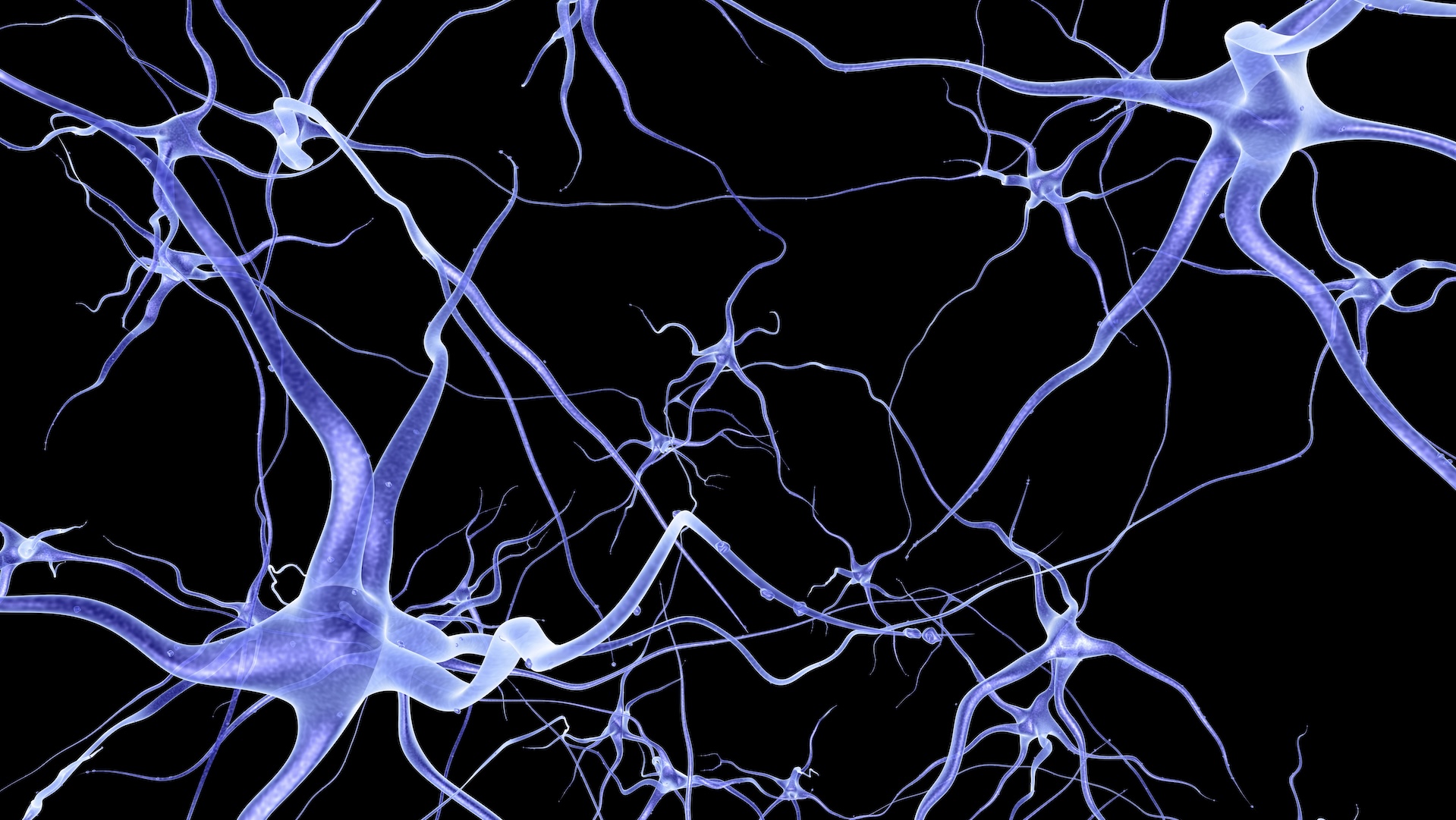
Scientists pinpoint likely origin of stuttering in the brain
By Emily Cooke published
Disruptions to a single network in the brain may be responsible for stuttering, new research suggests.
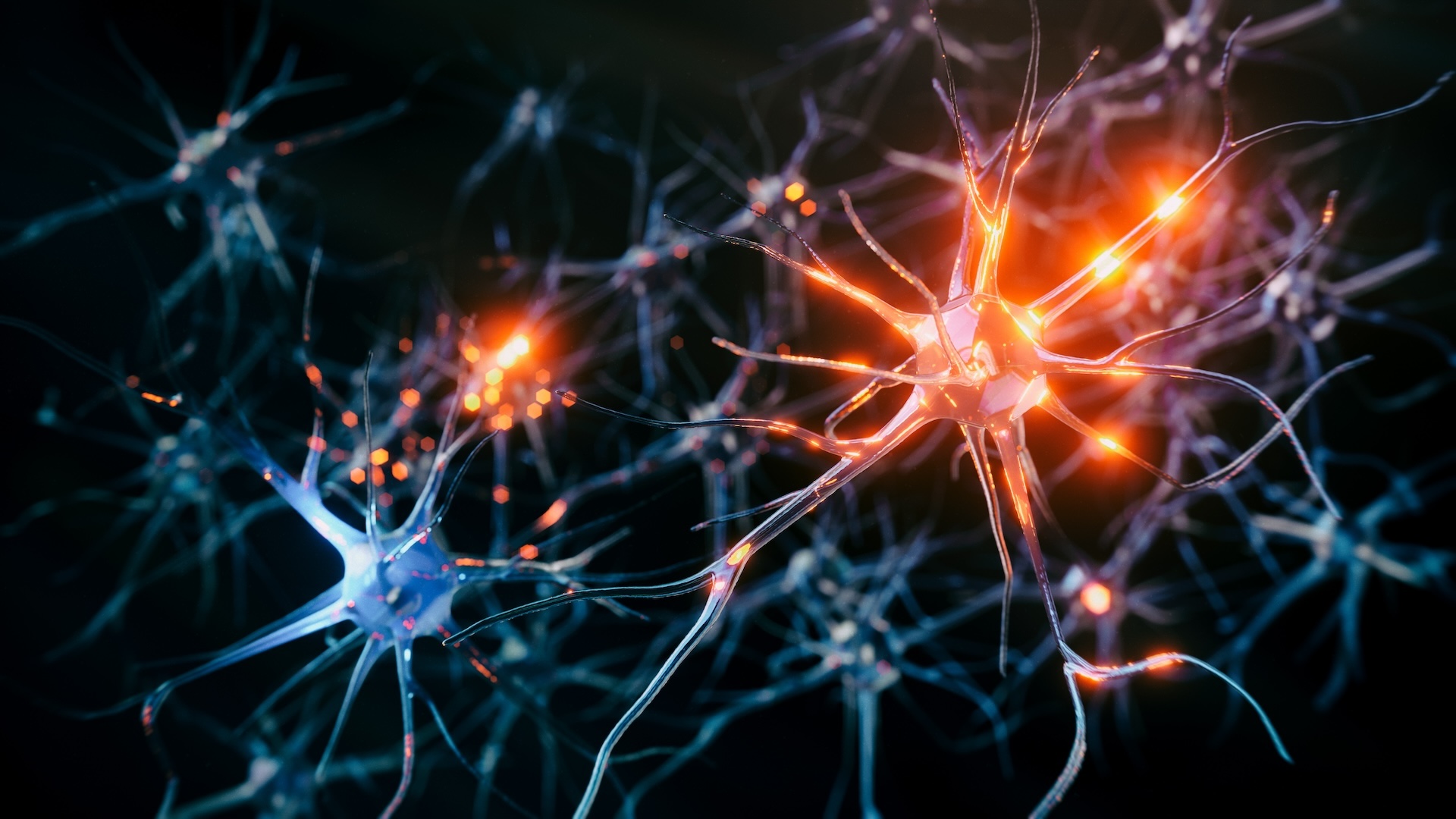
The brain can store nearly 10 times more data than previously thought, study confirms
By Emily Cooke published
Scientists harnessed a new method to precisely measure the amount of information the brain can store, and it could help advance our understanding of learning.

Some patients with brain injuries have life support withdrawn too soon, study suggests
By Emily Cooke published
A small modeling study suggests that some patients with severe traumatic brain injury may have recovered had they been kept on life support for longer.
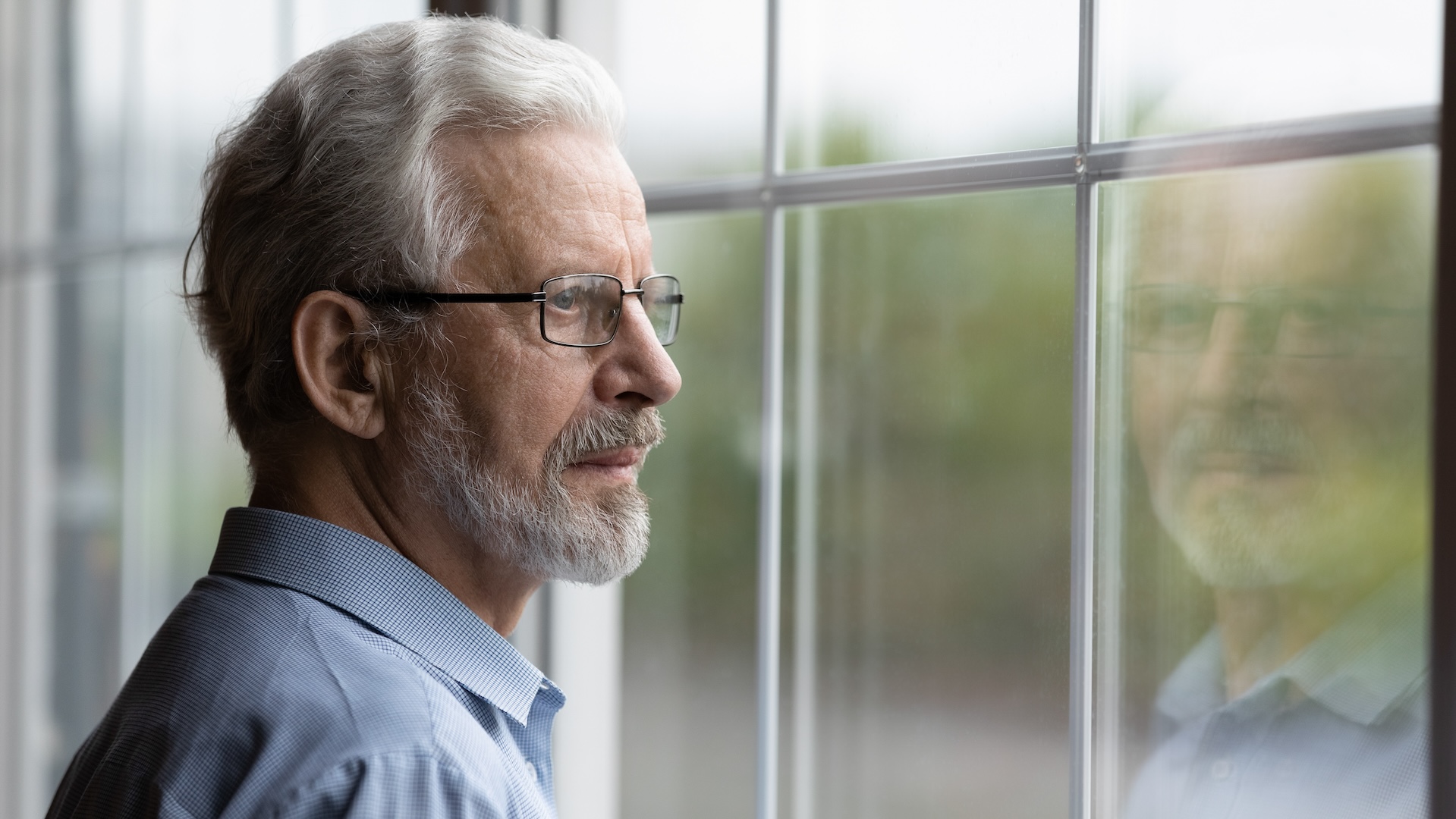
How people without 'inner voices' could help reveal the mysteries of consciousness
By Derek Arnold published
The lack of an inner monologue seems linked to a lower ability to recall words and predict their sounds.
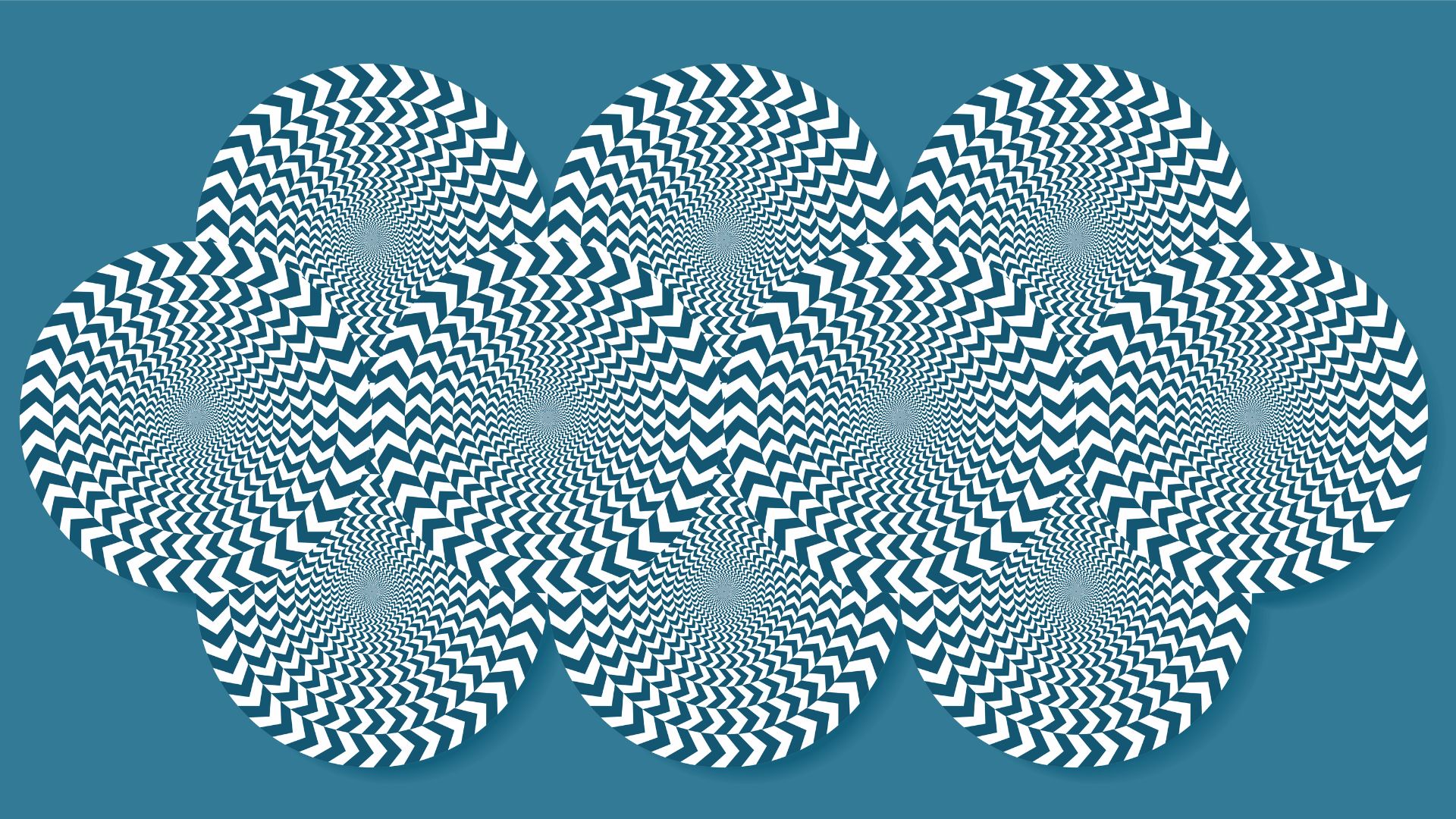
32 optical illusions and why they trick your brain
By Patrick Pester published
Artists and scientists have been creating optical illusions for centuries. Here are 32 mind-bending examples that prove you can't always trust what your eyes are telling you.
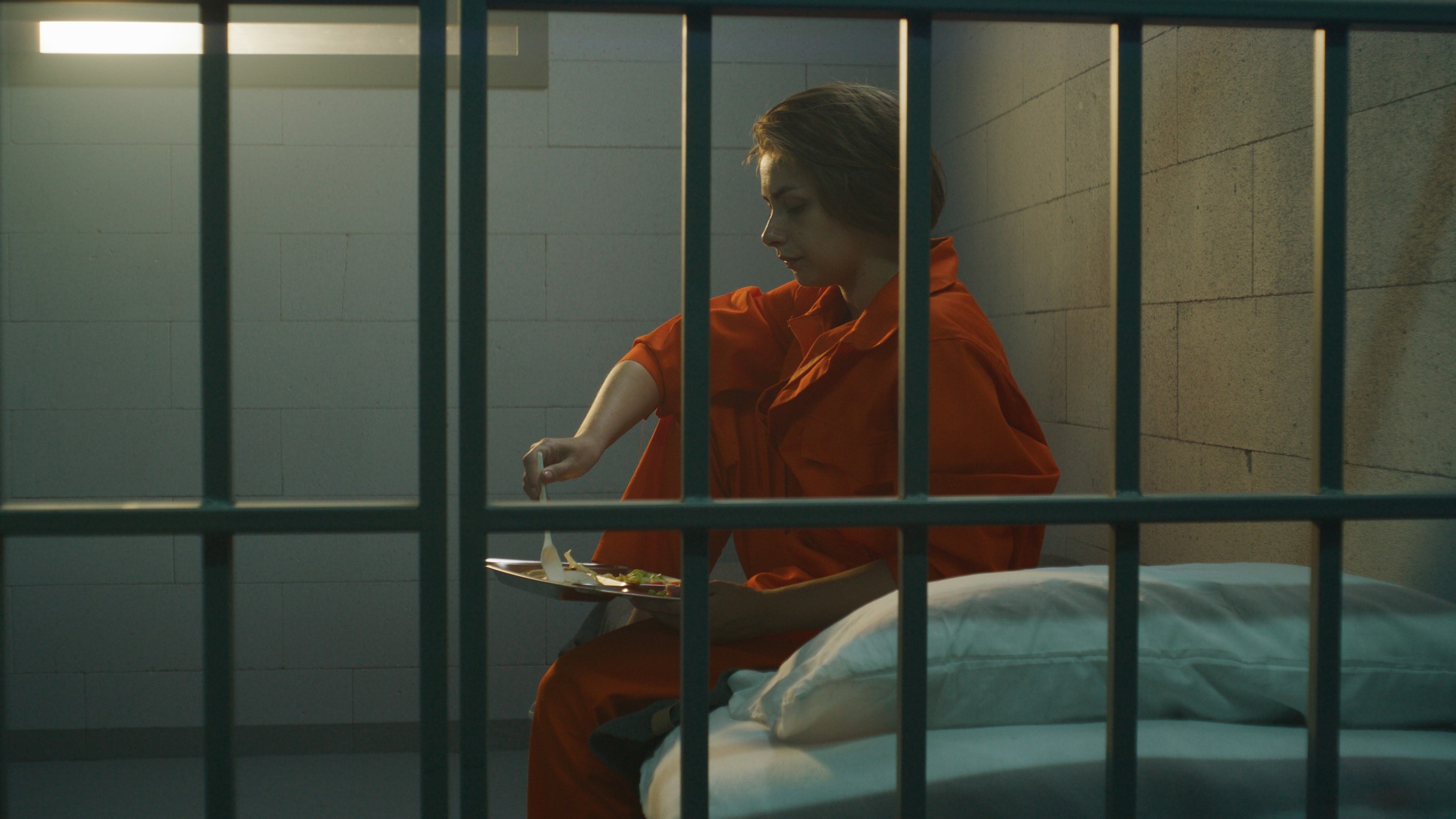
'When you improve nutrition, you reduce violence': Psychologist Kimberley Wilson on working in Europe's largest women's prison
By Sascha Pare published
Kimberley Wilson has worked in prisons and with patients from all walks of life. Her years of providing therapy suggest improved nutrition could be key to mental health and brain function.
Sign up for the Live Science daily newsletter now
Get the world’s most fascinating discoveries delivered straight to your inbox.
